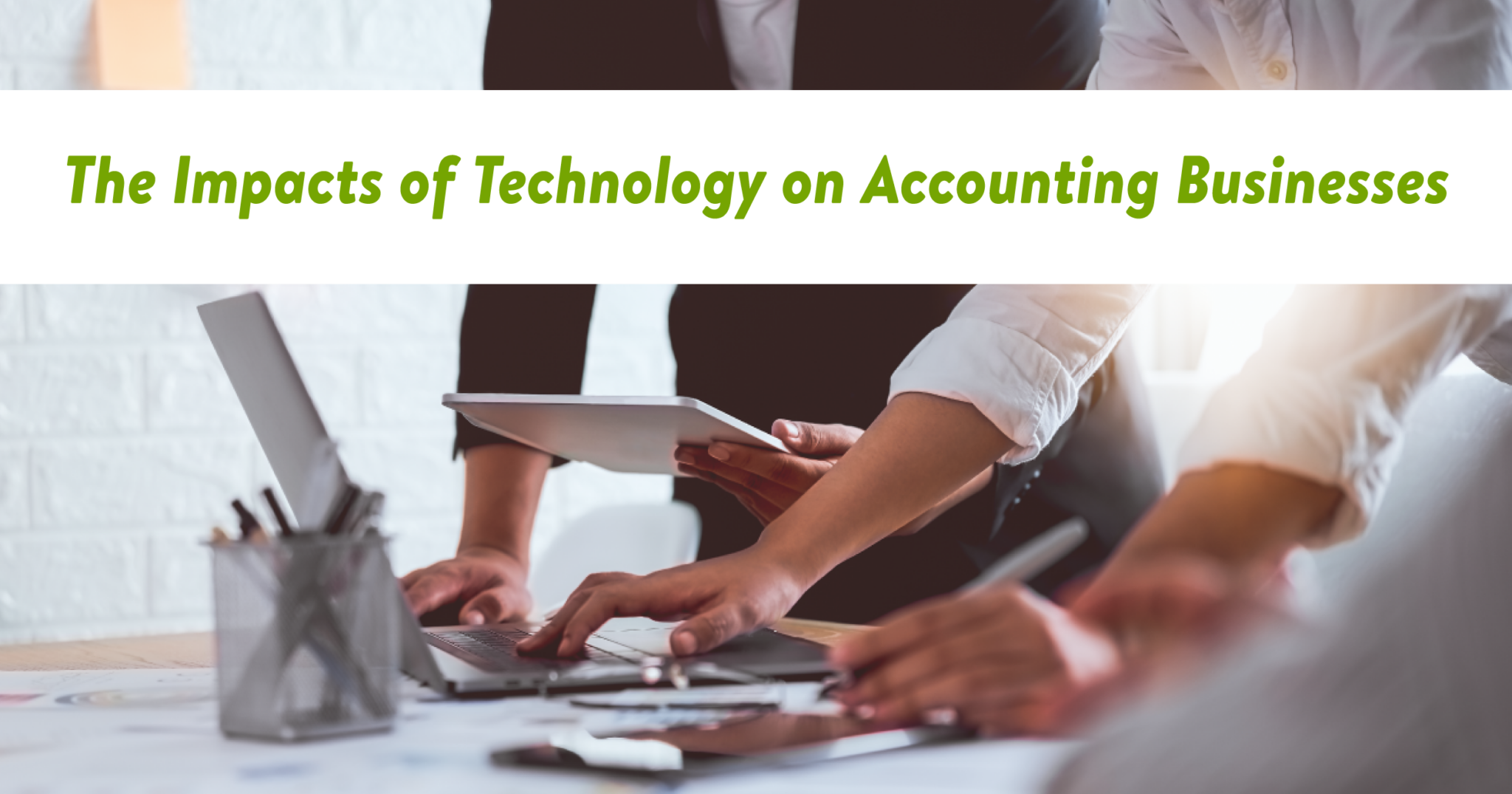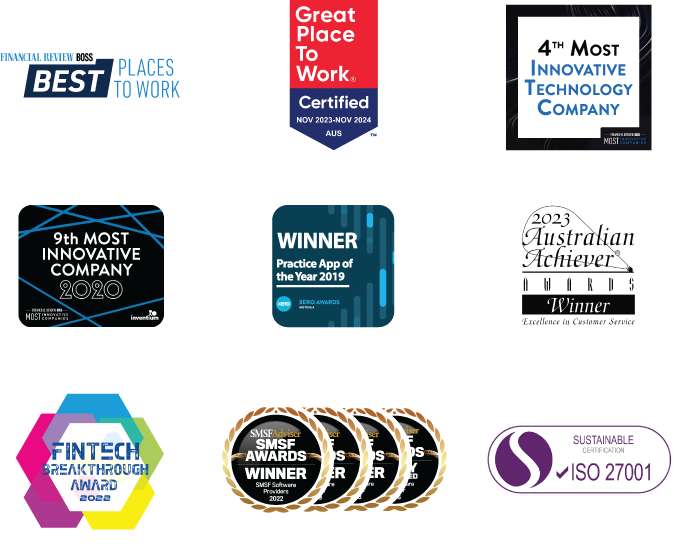
The accounting industry is changing!
Gone are the days of a visit once a year to the ‘tax man’ to get your return lodged. These days, we see accountants having trusted relationships with their clients, assisting them to navigate the ever-changing legislation, tax office requirements, structuring options, and ultimately grow their business.
How does technology play a role in this you may ask?
Well, the need to be adding value to clients in order to build long-lasting relationships with them means finding more efficient ways to be completing those tasks that are no longer held with such high regard (certainly not from a value-adding perspective anyway) to be spending time on the stuff that gets a client to stick with you.
Firms are finding that whilst there is still a level of importance placed on having their clients’ financial accounts and returns prepared on time, it’s not as likely to result in a long-sticking relationship. What clients are moving towards now is the insight into the business/group’s position and being able to highlight ways that could potentially lead to higher revenue, greater turnover, or more positive results for them.
How do you achieve this?
Well, firstly by looking at the people you have working for you! You need people that want to be working with clients, and genuinely want to make a difference in how their business is performing. Secondly, software. Is your software working for you? Is it helping to free you up by using automation, and increasing efficiencies in preparing these less value-adding mundane tasks? The importance of having good software in place is vital to free up your time!
Good software throughout your practice should allow you to integrate where you want to, linking your practice management software into your document storage solution, offering the ability to digitally sign documents (fun fact: clients love being able to sign their financials from their sun lounger! – it adds to their experience, with you!). Other key features to look out for are lodgement integration, firm document customisation and branding, the onboarding process, and ongoing support offered.
Of course, the cost comes into the equation too but keep in mind that the cheapest option on paper isn’t necessarily the best. As mentioned above, important areas to consider include the onboarding process, as a software move can be a big change. Also, what kind of support is provided post the onboarding journey. In addition, be sure to look into or ask how often software updates are being released because you want a provider that is constantly updating, indicating ongoing investment in their product.
In summary, this is the biggest thing to remember when it comes to choosing your accounting software: is your software working for you or are you having to work for it? You want to make sure that the software you spend a majority of your working week using is not only delivering the outcomes you want and need but also freeing you up to be building those meaningful relationships with your clients, keeping them around.

